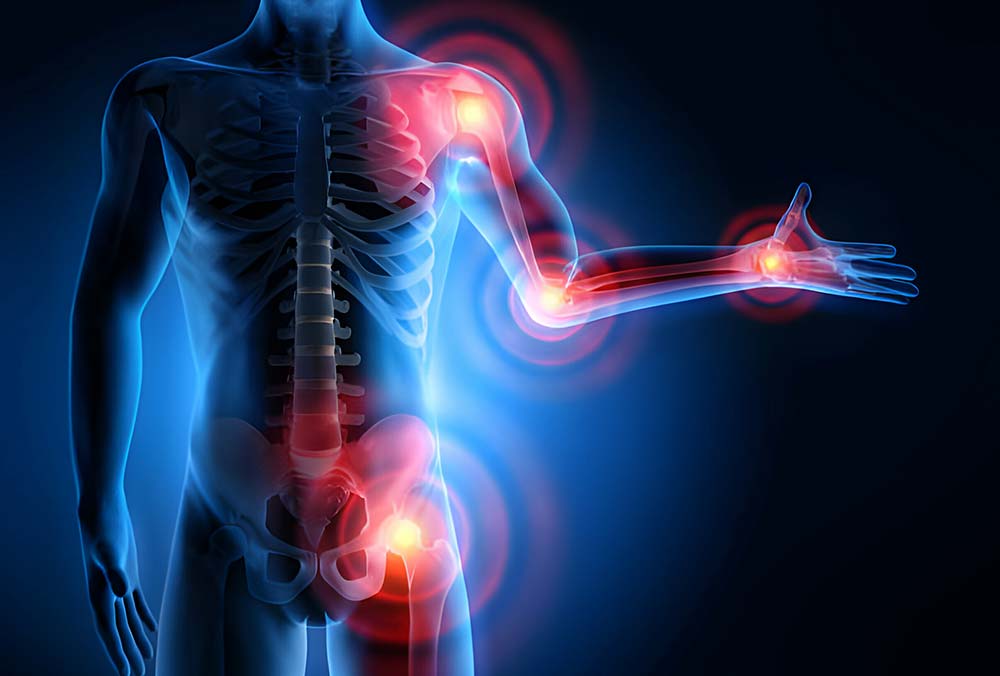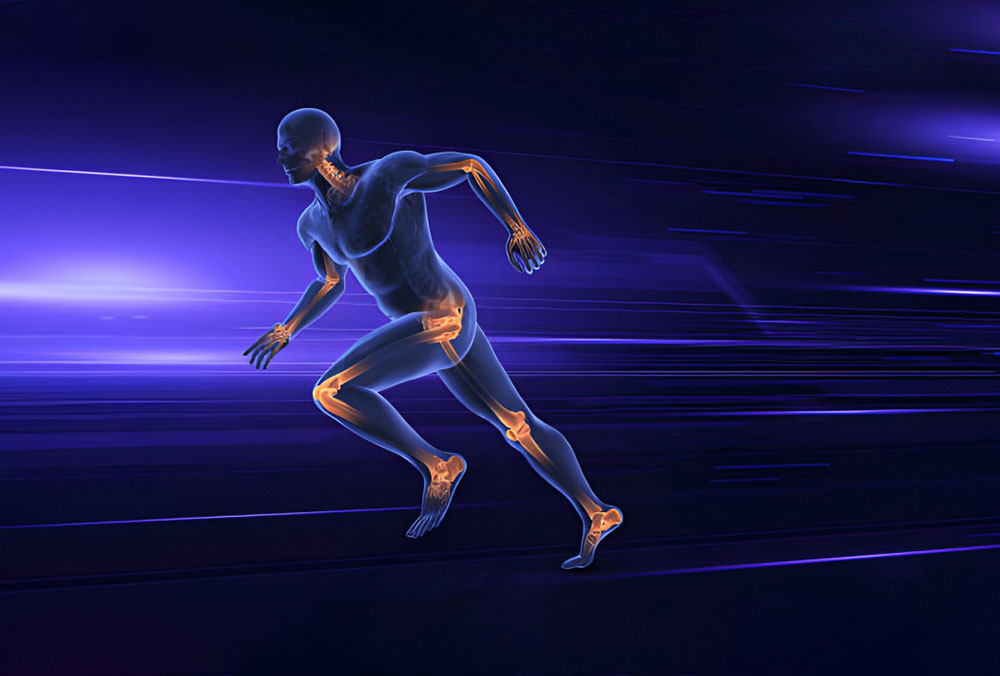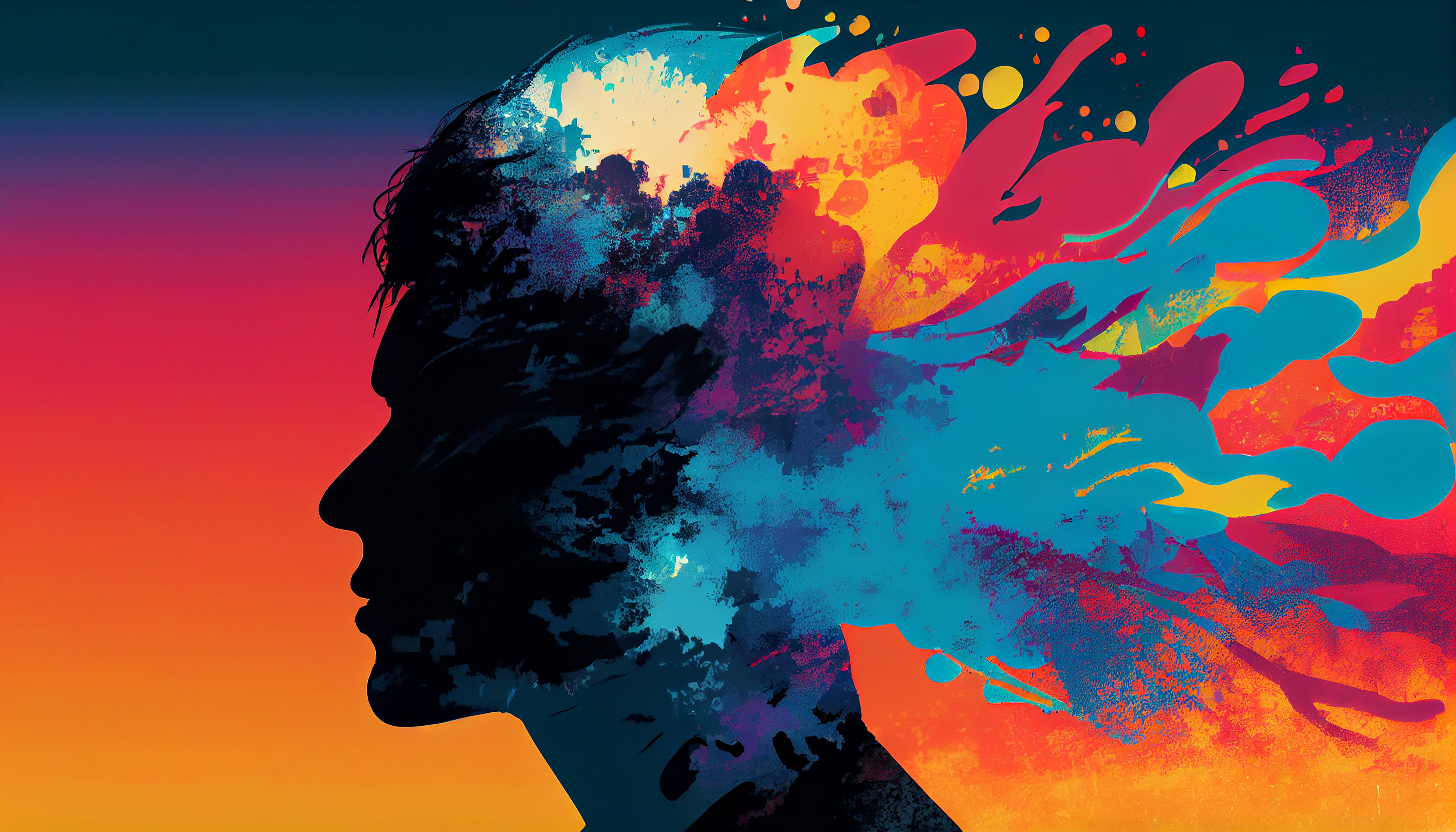
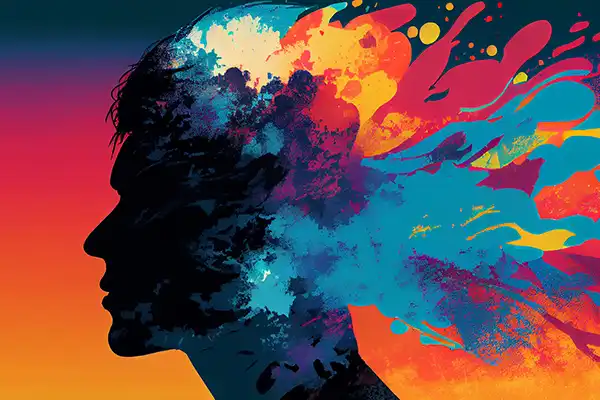
Activities
Our Blogs
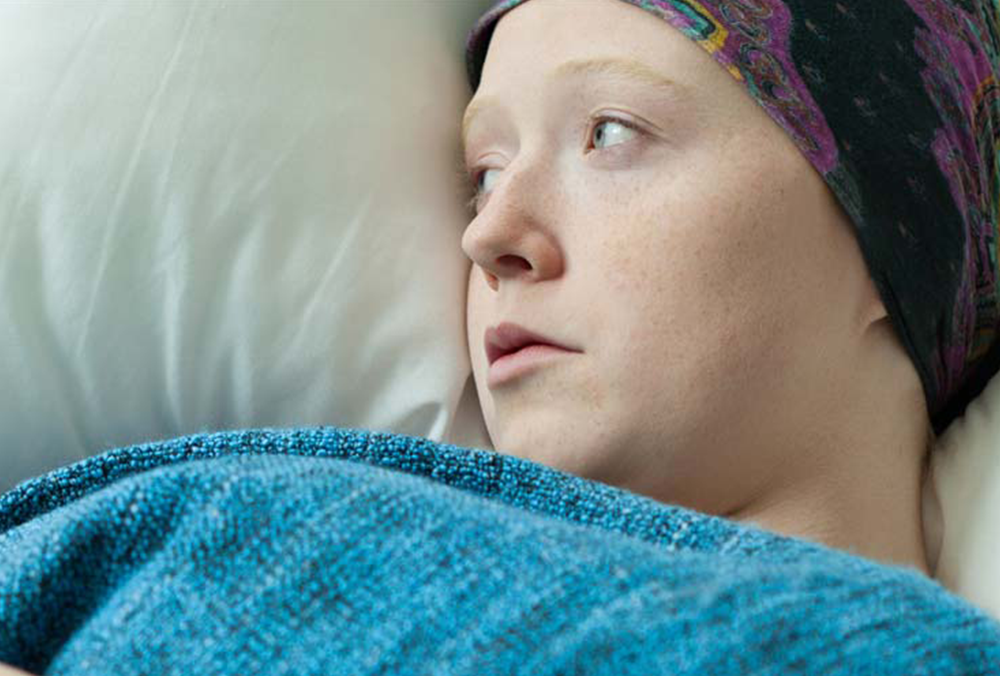
Dignity Matters in End-Of-Life
End-stage liver cancer
As a retired professor who had taught humanities, Rajan only understood too well that ingredients and measure are key factors in any recipe, and the quality of ingredients and the precision of measure are essential in philosophical living just as much as in cooking. Measure in all things is a philosophical maxim with a long pedigree. Should it also be true for life? The utterly central and essential ingredients for the full flowering of life are that joy should be unbound, possibilities unlimited, and the mind unfettered. Rajan had cancer of his liver. He knew it. He knew too well that life from now on would be served in the tiniest of measures, unlike how it should have been. Hope, therefore, had become a crucial ingredient in his well-being recipe. Not the kind of hope for a long life, but the watered-down hope that he would die a dignified death – surrounded by his family and free of pain.
Cancer Pain
The pesky little cells growing in his liver knew no rules. They were increasing in number despite medical treatment and were starting to cause immense pain. With all the good will in the world—and a remarkable number of people have it—we are yet to crack the cure for certain cancers. Pain, may be, but not cancer. He was suffering, and transgressing his own longing to act well. His anguish shone a light on the disparity between what one expect of one’s self and what one does or is. He was not who we thought he was. Or, we suppose, he was more than who we thought he was: more complex, more brave, more tragic. We understood from his son that his post doc was in Europe, followed by marriage, followed by relocation to India with a passion to teach, followed by a remarkable career, followed by retirement and voluntary work. In all this, his family was his source of harmony from which arose ease and contentment.
Managing Pain in India
“Are you in pain?” we asked, bending forward to listen to him speak and fully expecting a grunt for an answer. “If you believe that no one gets pain with end-stage cancer I would like to sell you a white marble building I own in Agra,” he quipped. Pain makes people come face to face with the limitations of science and human life itself. The choice then, is to bow before misfortune or be strengthened by adversity. Rajan’s strength was his humour. There are a few million cancer-sufferers in India and more than half-a-million die every year due to the disease. For a vast majority the end-of-life is painful, in fact the very diagnosis is prompted by pain in a third of them. Pain tests an individual’s resolve like none other.
Causes for cancer pain
For Rajan, the hurt was more bearable when lying in a particular position in bed, by not turning very often, and by a crafty arrangement of pillows. His meaning of happiness was shaped and reshaped by the small choices he made with his bed everyday. For him, the military metaphors such as ‘battle against cancer,’ ‘war against pain,’ the ‘war chest’ that the cancer research organisations had, and the billboards that screamed ‘Let’s beat cancer soon,’ were all a cruel joke. Such language increasingly resembled the rhetoric of a university brochure that promised all that your child will become if only he or she chose them. It is not just cancer that causes pain – the tests to diagnose cancer, chemotherapy, radiotherapy, and surgery could all be painful. And the pain changes everyday. Little remains constant in the passage of time.
Management at Atlas Pain Care
The pain killer morphine gave him some respite. He had a steady stream of visitors, some of them friends from his childhood with whom he chatted away contently. There was a meditative quality to his conversations that invited deep reflection – it had the weight of reasoning and the levity of intuition. He acknowledged his friends for their concern, and they in turn acknowledged him for his resolve and strength. In acknowledging another we acknowledge ourselves. This is why company is important, good company in particular. Pain, however, was bad company as it made one lose perspective, judgment and reasoning; and it had come back. This time we had to inject chemicals in front of his spine to destroy the pain carrying nerves and make him comfortable again. Back from the operating theatres and recovering from sedation, he expressed his wish to go home.
A month later he called us. He was at home, was comfortable, and was spending quality time with his friends and family. And there’s the proverbial rub. The more time one spends with family the more one wants. “I wish there is a little bit more time left for me,” he said, adding, “I know its madness. Like going to America and not getting shot.” That was the last we heard from him. He passed away a few weeks later. Peacefully, and in his sleep.


 Prev
Prev


